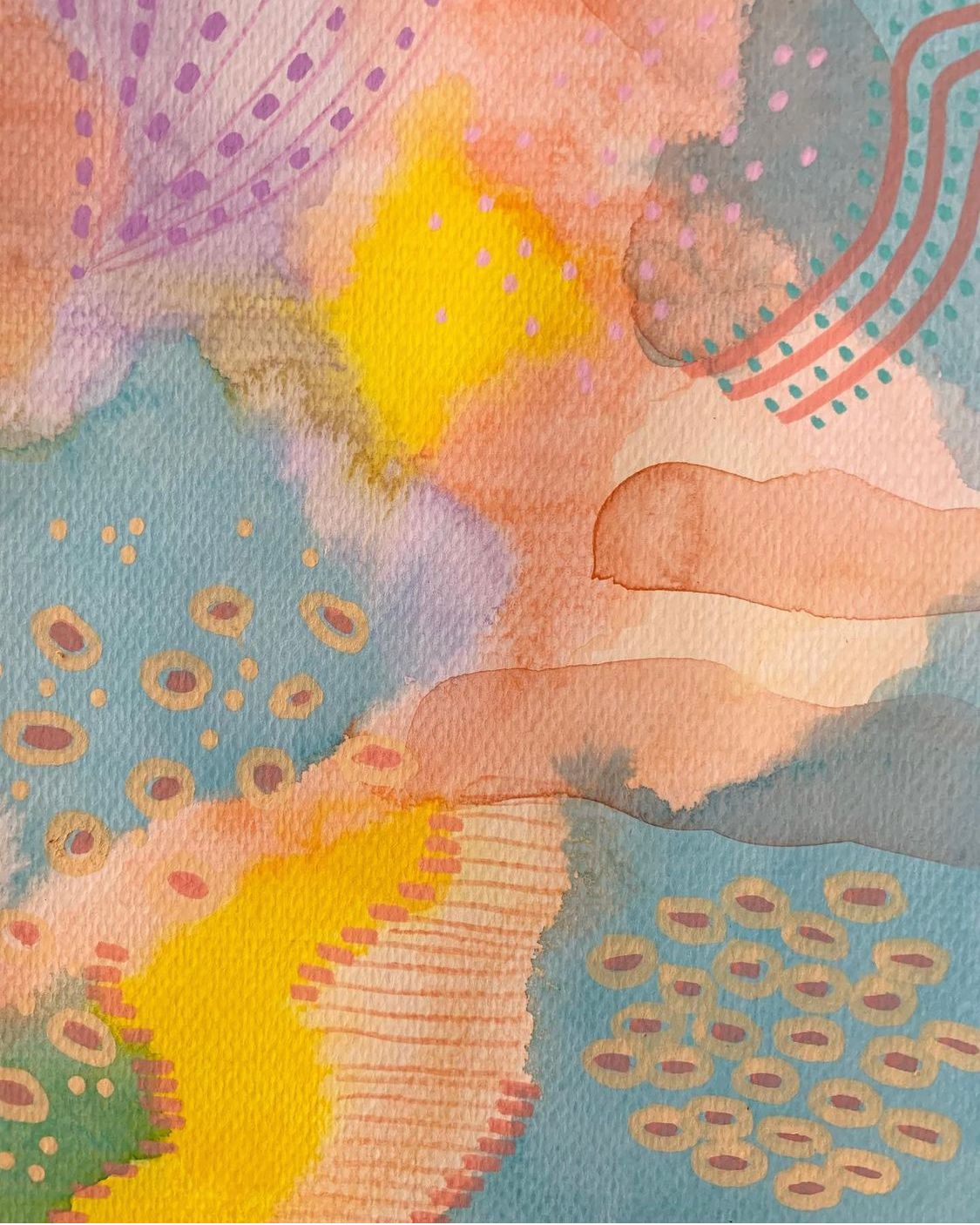These days, I was reading a book, when, absently , I found myself picking up another, the Latest book by Tania Rivera, entitled Anthropophagic psychoanalysis (identity, gender, art). I was lucky enough to take classes with her years ago and I always really like what she writes. With this book it was no different, I couldn't put it down. I highlight here the chapter "humor as a political strategy (or how to fight back speeches)". It's written just like that, starting with lowercase, which I really like. What starts out tiny has room to grow.
Locating herself in the current political context, in which the "symbolic fabric of our society has been fraying", allowing the greatest torturer of the military dictatorship to be honored or people identified as homosexuals to be intimidated and threatened today, Tania proposes that let us resist violent and intolerant discourse based on a discursive strategy that promotes a twisting of words, a discursive subversion.
In addition to bringing terms - and guidelines - that impose themselves and detach themselves from the mass of fascist slogans, reinforcing the identification bond between "us" who oppose "them", I believe that it is a matter of exploring other logics, other modes of enunciation, such as those of jokes, dreams, poetry. Displacements, metaphors and, above all, a bit of irony and parody. A pinch of delirium (p. 39).
One of the things that has always caught my attention in recent years is how easy it is to reproduce in our discourse precisely what we criticize in the other. When trying to repel aggressiveness, violence, intolerance, we often also do it violently, wanting to erase the other. Sure, it can be a path, but there's something very ironic about it, isn't it?
Therefore, in my view, Tania Rivera's proposal makes perfect sense, as it calls for bringing something unusual to things, to play with the word, leaving the crude and hostile register. And there, of course, psychoanalysis has a privileged position and, I dare say, it also has responsibility, since it works directly in the field of language.
The author suggests, for example, shuffling fake news words, inserting denunciations, verses in the middle of texts. The game is promote an effect of surprise, estrangement, decentralization , which makes it possible to twist words. You can move them, change the intonation when saying them, transform the statement into a question and vice versa, so that you provoke something else.

I also couldn't help but remember the book Let's buy a poet , by Afonso Cruz. It is a short and very beautiful book, which takes place in a materialistic society, where everything is measured exactly, reduced to numbers, from spinach to affection. Instead of pets, people have artists. In the family portrayed, the girl asks her father for a poet and the book unfolds from this purchase and all the transformations it causes:
The father pointed to the poet who sniffed and had no sponsorship on his clothes and asked if that copy was subversive, which is the most feared characteristic in poets, it is the equivalent of the aggressiveness of dogs.
It was almost astonishing to find the sentence above. The subversion of the poet as equivalent to the aggressiveness of dogs. Entering the direct game of aggressiveness, responding from the same key is very tempting because it tells us about what we have as an animal, what we have destructive in ourselves and that has been triggered so much in recent times. However, responding, resisting, starting from a certain upheaval, from an unusual point, can provoke and disorient those on the other side, taking us out of the logic that hurts and seeks to annihilate, to, perhaps, make us think. It seems to me that there is potential to change reality, without giving up a certain dose of aggressiveness, a disguised aggressiveness.
Poetry, he tells me, transfigures the universe and brings out the reality described with the absolute precision of ambiguity. I have never read a good verse that did not fly off the page on which it was written. Poetry is a finger stuck in reality. (...).
The poet said that verses liberate things. That when we perceive the poetry of a stone, we free the stone from its "stonyness". We save everything with beauty. We save everything with poems. We look at a dead branch and it blooms. He was just forgotten who he was. We have to free things. This is a great job. (Afonso Cruz, "Let's buy a poet").
Let us save everything with beauty, with poems, with fine irony. We prick our finger in reality without having to bleed. There is a lot of work ahead.






